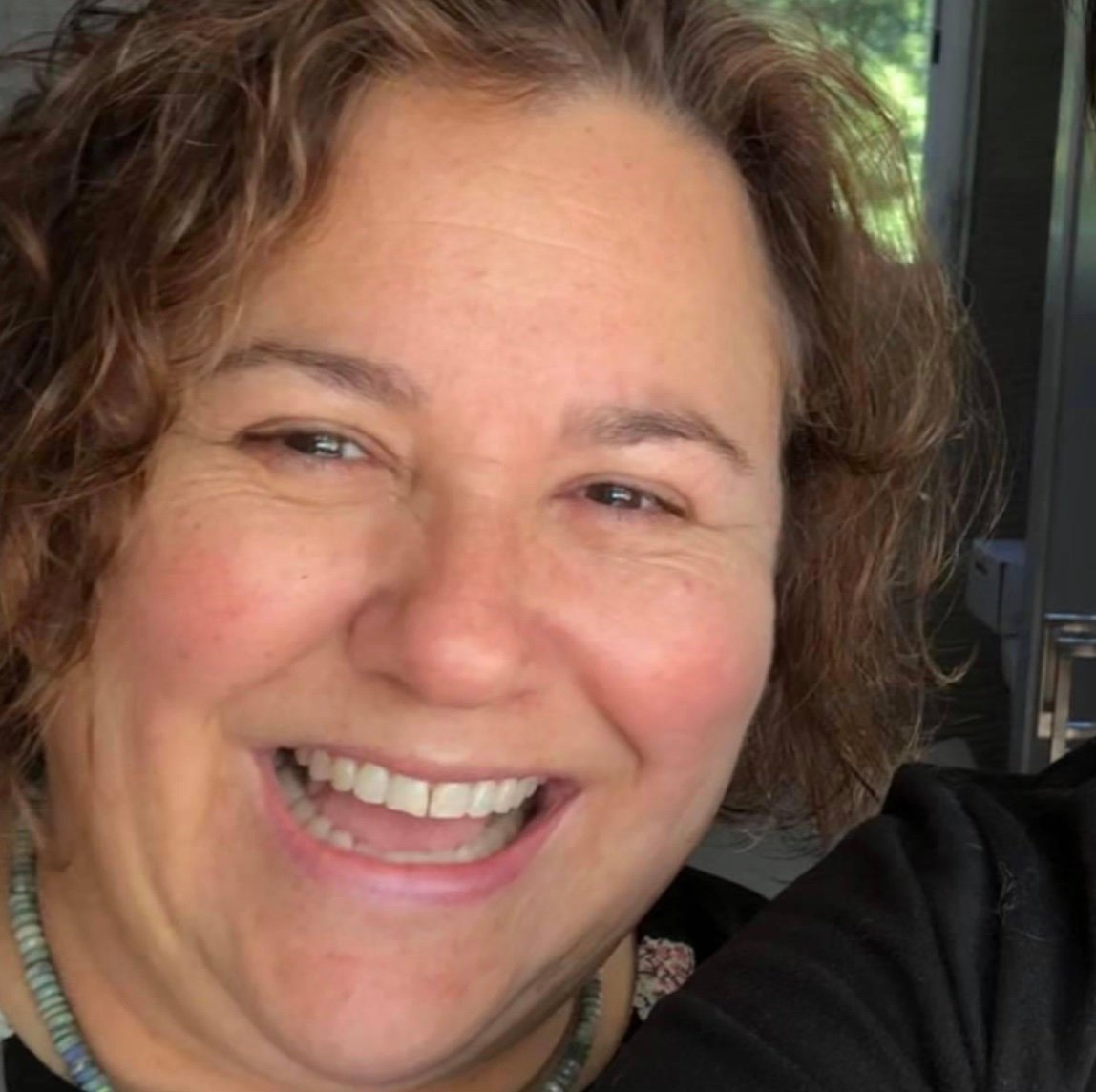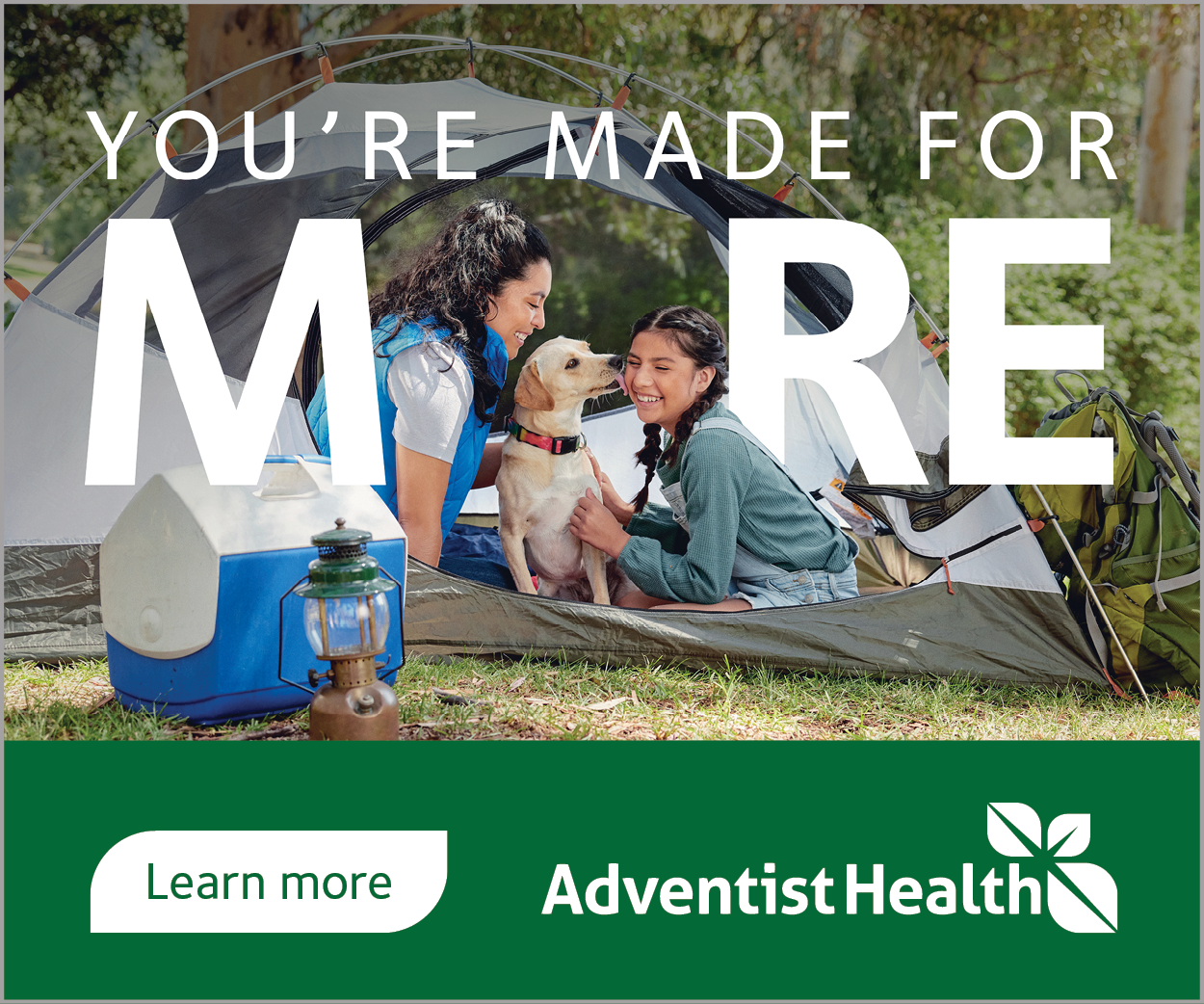Editor’s note: In this series, Dr. Chana Eisenstein offers readers an inside look at the experiences of a small-town vet in inland Mendocino County. The series will run in multiple parts throughout October 2022, and will include a history of emergency veterinary care in the county.
The solution to challenges facing today’s vets and their practices is multi-faceted. Obviously, veterinarians have many career choices within veterinary medicine. We will need to change the model of general practice that currently exists in order to attract and retain veterinarians to general practice. New grads and experienced vets do not want to take after-hours call, see emergencies or work weekends.
Unfortunately, veterinary medicine appears to be heading into the black hole that human medicine was sucked into: insurance. The veterinary insurance industry is already starting to explode. We have resisted, in that most veterinary insurance is still self-pay, with the pet owner being reimbursed later. Why do we resist? While we very much want people to be able to afford needed care for their animals, we see that the insurance industry has irrevocably broken our human medical system, and I for one do not want what has happened in human medicine to be replicated in veterinary medicine. Soon we will see non-medical-trained insurance middle management making exclusions for pre-existing conditions, requiring pre-authorization and declining to cover what is not in their formulary, just as we see and despise in human medicine.
When we vets, like human physicians, must hire staff to manage insurance, the cost of veterinary care will increase. As we battle for single-payer healthcare in our country, costs to provide veterinary medical care have increased significantly, some of which is attributable to the COVID supply chain interruption. I foresee ongoing price increases to the public to allow for new veterinary and support staff salaries. Many people do not realize that California’s minimum wage is $15/hour. In my practice, with two veterinarians, we have 12 full-time employees and three part-time employees. Payroll accounts for more than half our expenses.
Follow the Money
There are 155 medical schools in the US, as well as physicians who have graduated from medical schools all over the world, yet still we have a dangerous primary care physician shortage in the US. Why? Because when you spend your time, money and youth working towards medical professional licensure of any kind, you will probably be forced to follow the money. Giant conglomerates are hungry to gobble up small private practices, lower the quality of the services they provide to the client and raise prices to squeeze out as much revenue as possible. Human family practice physicians are among the hardest working and lowest paid of any human health provider based on number of years and dollars for training. The exact same thing is happening in veterinary medicine. Veterinarians were undervalued for decades and finally have realized and recognized our worth and value and have started to charge and behave and make decisions accordingly. There are 30 veterinary schools in the US. We are seeing a dangerous shortage of primary care veterinarians. The math is easy.
What should the public know and what can the public do?
The public can recognize and understand that the veterinary profession is in crisis. While you may long for the old times, adjustments are necessary to accommodate the increased need for our professional services. Some specific suggestions are:
- Be early or on time for your appointment.
- Be polite.
- Know where to go in the event of an emergency.
- Set aside funds to afford your pets’ emergency care.
- Be patient. We really want to help you; we are doing our best in trying times!
- If you are confused or frustrated, communicate with us and we will do our level best to help you.
- Realize that if you are verbally or physically abusive, you will be fired as a client. And everything you say will be included in the medical records that we forward to your next veterinarian.
- If you can afford to donate funds to your local shelter (not PeTA or HSUS) those funds will help offset costs of housing, spaying and neutering dogs and cats.
- If you have time to volunteer, sign up and become a volunteer for HSIMC or Animal Care & Control. One hour a week walking a dog or talking to and petting a cat can make a huge difference in their lives and in your own.




How am I so lucky as to have a daughter who is wonderful and also a vet? Who writes so cogently, urgently, and directly.
I hope her words will stick and change some opinions.
Love,
Dad
I couldn’t agree with you more, Sam! You have a wonderful and dedicated daughter.
Bless you for your candor and compassion.